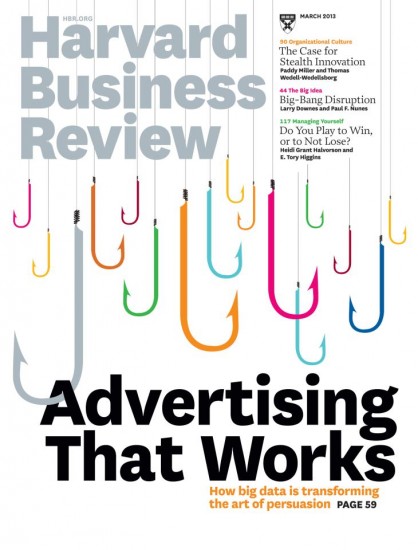Today, the House Science Committee is holding a hearing on “Cyber R&D Challenges and Solutions.” Under consideration is a bill reintroduced by Rep. Mike McCaul that takes numerous steps purported to increase the network security workforce. The bill passed overwhelmingly last year.
I have no doubt that, as we move more of our lives online, we need to draw more people into computer security. But just as we need more network security professionals, we need more programmers, geneticists, biomedical engineers, statisticians, and countless other professions. We will also continue to need some number of doctors, lawyers, mechanics, plumbers, and grocery clerks. Does it make sense to introduce legislation to fine tune the number of practitioners of every trade?
Of course not. Which raises the question: what is so special about computer security? And the answer, I think, is “nothing is so special about computer security.” More people will get trained in computer security if the returns to doing so are higher, and fewer people will get trained in computer security if the returns to doing so are lower. Entry into the computer security business is simply a function of supply and demand.
The Washington Post reports, “The median salary for a graduate earning a degree in security was $55,000 in 2009, compared with $75,000 for computer engineering.” Is it any surprise, then, that more smart, tech-savvy students have pursued the latter route in recent years?
Intervening in a market that shows no signs of failing can have lots of unintended consequences. Most obviously, subsidies would run the serious risk of drawing *too many* workers into the computer security workforce. Those workers might find that they spent years investing in specialized skills without as much of a payoff as they expected. Tinkering could also affect the composition of people drawn into the field, with ill effect, for example by lowering the equilibrium salary and reducing the incentive for those with natural talent and without the need for training to work in security.
The bottom line is that a shortage of a particular kind of worker is a problem that solves itself. As salaries for security workers get bid up, more people will get training in security. The supply and demand dynamic is completely sufficient to get people into the correct professions in sufficient numbers.
The McCaul bill works through various subsidies and governmental reports to try to accomplish the same thing that the market would do if left to operate on its own. If the government wants to hire more computer security professionals, let them pay the money needed to draw people into this field. But let’s not jump through needless hoops to accomplish what should really be a straightforward task.


 The Technology Liberation Front is the tech policy blog dedicated to keeping politicians' hands off the 'net and everything else related to technology.
The Technology Liberation Front is the tech policy blog dedicated to keeping politicians' hands off the 'net and everything else related to technology.